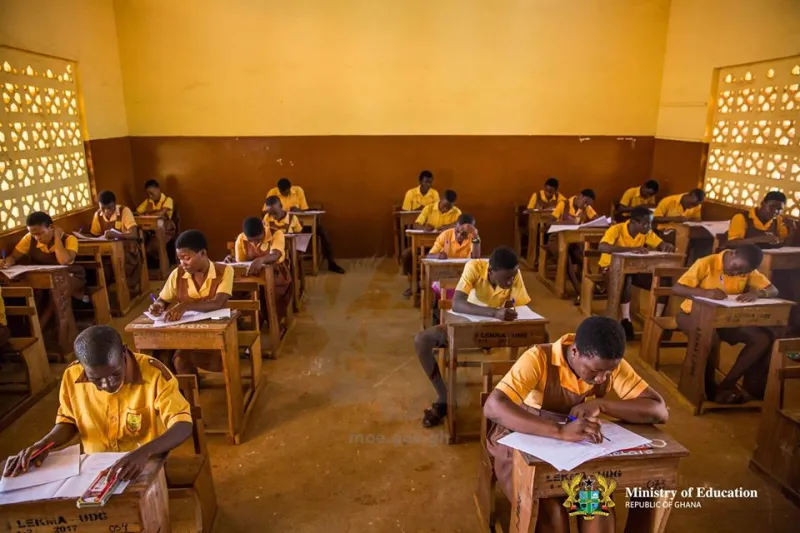
By Prince ASUMAH
The Ghana Statistical Service (GSS), in collaboration with relevant stakeholders, is convening a national workshop to harmonise statistical concepts and definitions related to labour migration and recruitment costs in the country.
This aligns with international frameworks such as the International Labour Organisation’s (ILO) Fair Recruitment Principles and SDG 10.7.1 guidance, which call for standardised definitions and methods.
The workshop will bring together significant stakeholders in the country’s labour and immigration landscape. Along with the Ghana Statistical Service , government will be well represented by ministries such as Labour, Jobs and Employment, Foreign Affairs and Regional Integration and Ministry of the Interior, along with the security services .
International organisations such as the German Agency for International Cooperation (GIZ), International Labour Organisation (ILO) and International Organization for Migration (IOM) will take part in the three-day workshop . Stakeholders in academia and media will also be involved in the event.
Labour migration plays a significant role in the country’s economic and social development. This space offers enormous opportunities for jobs, skills transfer and revenue if it can be adequately mainstreamed into the national employment development agenda.
However, the current landscape of labour migration statistics, including recruitment costs, is characterised by inconsistencies in concepts, definitions and methodologies among key data producers.
This undermines the comparability, reliability and utility of data for informed decision-making, policy formulation and reporting on national policies and international commitments such as the SDGs, Global Compact for Migration (GCM), and ECOWAS and African Union Labour Migration Strategy.
Additionally, there is a lack of comprehensive, accurate and up- to-date data on migration flows and remittances for policymaking and planning because of a weak labour market and migration information system.
International labour migration and mobility significantly impact most countries across Africa, with migrant workers contributing substantially to development in both origin and destination countries.
However, this process presents complex challenges in terms of fair and effective governance, protection of migrant workers, linkages between migration and sustainable development and international cooperation.
Therefore, reliable data is essential for informed policymaking, effective resource allocation and implementation of programmes that address both the challenges and opportunities presented by international labour migration and mobility.
Consequently, the workshop will be executed with several key objectives – the most pertinent being to review existing national and international statistical frameworks on labour migration and recruitment cost terms.
Also, to identify inconsistencies and overlaps in data collection (population census, surveys, administrative records), definitions and usage. Again,reaching a consensus on standardized statistical concepts and definitions for labour migration and recruitment cost indicators in Ghana will be prioritised.
Finally, the workshop will seek to propose a roadmap for integrating harmonised definitions into national data collection instruments and SDGs reporting.
The post National workshop aims to standardise labour migration data appeared first on The Business & Financial Times.
Read Full Story














Facebook
Twitter
Pinterest
Instagram
Google+
YouTube
LinkedIn
RSS